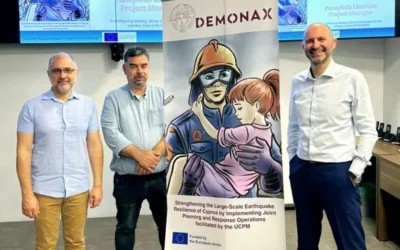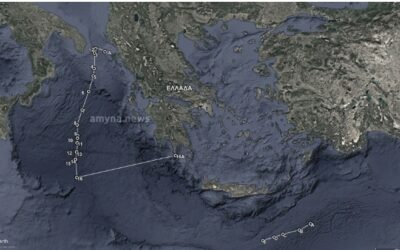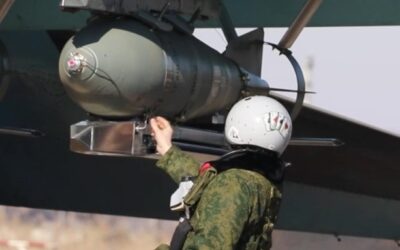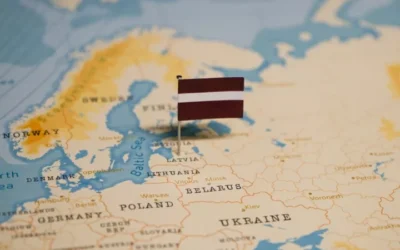CERIDES – Centre of Excellence in Risk and Decision Sciences of European University Cyprus had a strong presence during the 1st Planning…
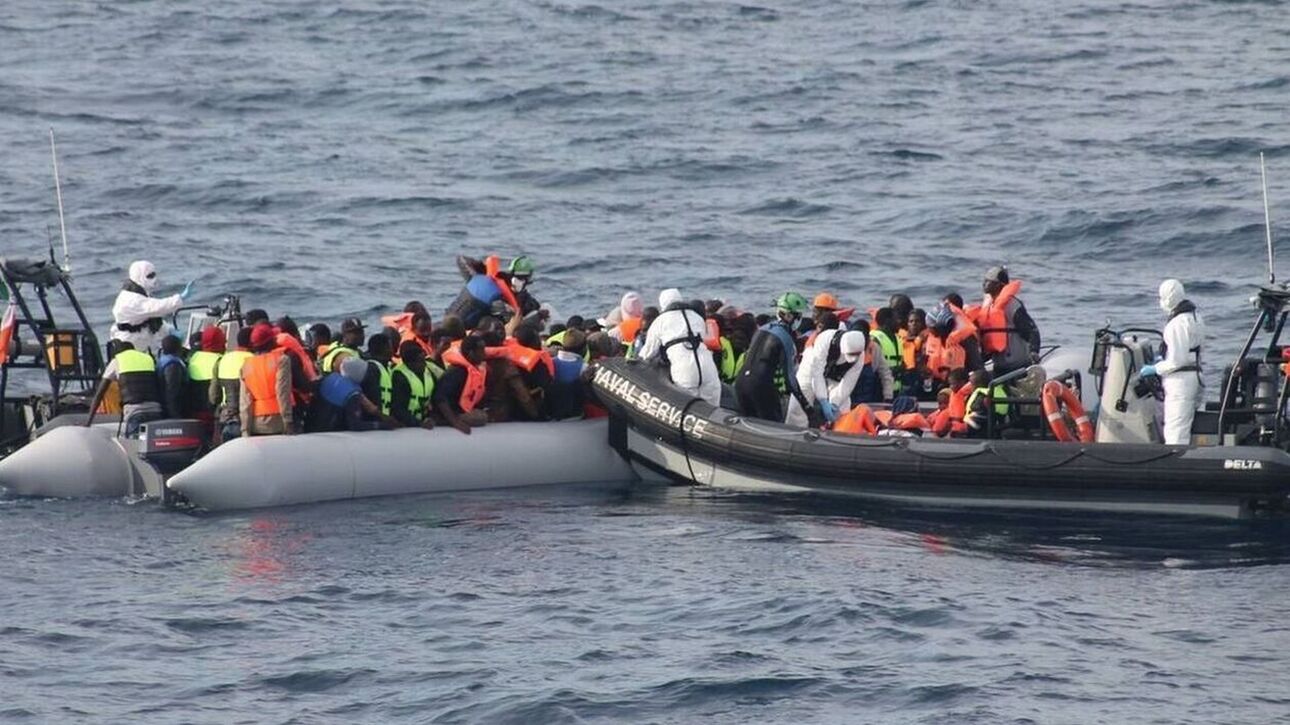
A historic first step for changing the EU’s immigration policy has been taken, as it paves the way for the creation of a mandatory solidarity mechanism, which was a request of the first receiving countries for a number of years.
The agreement was reached after hours-long negotiations with a qualified majority. Only two countries voted against, Poland and Hungary, while Bulgaria, Malta, Lithuania, and Slovakia abstained.
The new text creates a mandatory solidarity mechanism, ensures permanent decongestion at the borders, and adapts the commitments of the Dublin Regulation to the particular characteristics of the countries such as Greece that are on the front line of receiving immigrants.
At the same time, it supports the concept of safe third countries. In addition, the agreement establishes an annual political debate, at the ministerial level, which will put on the agenda the immigration situation and existing needs in terms of solidarity.
The new Regulation will include a new criterion, which provides that the responsibility for the examination of an asylum seeker’s application will end in 18 months – compared to 10 years which has been the timeframe so far – when that application is rejected in border asylum procedures.
Another important element is that provisions, which prevent the country’s border areas from being overloaded by pressure related to asylum procedures, are secured. Also, it is secured that the national security parameter will be taken into account when designing and developing infrastructures related to these procedures.
The next steps will be critical as the Council gave the mandate to Spain, which will hold the next European Presidency, to negotiate the completion of two crucial Regulations, concerning solidarity, the sharing of responsibility and the strengthening of controls at EU borders.
Also read: Immigration | “Bloc” of front-line immigrant-receiving countries pushes for changes
Specifically, the agreement of the Council’s negotiating position includes the following:
Streamlining the asylum process
The Asylum Procedure Regulation establishes a common EU-wide procedure that Member-States must follow when people apply for international protection. Mandatory border procedures are introduced to quickly assess at the EU’s external borders whether applications are unfounded or inadmissible. Persons subject to the asylum procedure at the border are not allowed to enter the territory of the Member-State.
The border procedure will apply when an asylum seeker applies at an external border crossing point, after arrest in connection with illegal border crossing and disembarkation following a search and rescue operation. The procedure is mandatory for member-states if the applicant poses a risk to national security or public order, has misled the authorities with false information or by concealing information, and in case the applicant’s nationality has a recognition rate of less than 20%.
The total duration of the asylum and return procedure must not exceed 6 months. It is noted that after demanding talks, mainly between Italy and Germany, flexibility was maintained for member-states to decide which third country is considered “safe”.
Also read: Immigration | 2615 third-country nationals repatriated – Prison sentence for 19-year-old trafficker
Adequate capacity
In order to carry out border procedures, member-states need to establish an adequate capacity, in terms of reception and human resources, required to examine at any given moment an identified number of applications and to enforce return decisions.
At the EU level, this adequate capacity is 30 000. The adequate capacity of each member-state will be established on the basis of a formula, which takes account of the number of irregular border crossings and refusals of entry over a three-year period.
Modification of the Dublin Rules
The Asylum and Migration Management Regulation (AMMR) should substitute, if agreed, the current Dublin Regulation. Dublin sets rules that determine which Member-State is responsible for the examination of an asylum application.
The AMMR will streamline these rules and shorten time limits. For example, the current complex take-back procedure aimed at transferring an applicant back to the member-state responsible for his or her application will be replaced by a simple take-back notification.
Mandatory Solidarity mechanism
To balance the current system whereby a few member-states are responsible for the vast majority of asylum applications, a new solidarity mechanism is being proposed that is simple, predictable, and workable. The new rules combine mandatory solidarity with flexibility for member-states as regards the choice of individual contributions.
These contributions include relocation, financial contributions, or alternative solidarity measures such as the deployment of personnel or measures focusing on capacity building. Member-states have full discretion as to the type of solidarity they contribute. No member-state will ever be obliged to carry out relocations.
There will be a minimum annual number for relocations from member-states where most persons enter the EU to member-states less exposed to such arrivals. This number is set at 30 000, while the minimum annual number for financial contributions will be fixed at €20 000 per relocation.
These figures can be increased where necessary and situations where no need for solidarity is foreseen in a given year will also be taken into account. In order to compensate for a possibly insufficient number of pledged relocations, responsibility offsets will be available as a second-level solidarity measure, in favor of the member-states benefiting from solidarity.
This will mean that the contributing member-state will take responsibility for the examination of an asylum claim by persons who would, under normal circumstances, be subject to a transfer to the member-state responsible (benefitting member-state). This scheme will become mandatory if relocation pledges fall short of 60% of the total needs identified by the Council for the given year or do not reach the number set in the regulation (30 000).
Preventing abuse and secondary movements
It includes measures aimed at preventing abuse by the asylum seeker and avoiding secondary movements. For example, obligations are set for asylum seekers to apply in the Member-States of first entry or legal residence. Secondary movements are discouraged by limiting the possibilities of suspension or shifting of responsibility between Member-States and thus reducing the possibilities of the applicant to choose the Member-State in which to apply for asylum.
The Member-State of the first entry will be responsible for the asylum application for a period of two years. If a Member-State rejects an applicant in the border procedure, its responsibility for that person will expire after 15 months (if the application is renewed).
Also read: Poland | Fortifies border with Kaliningrad
READ MORE
EMAK | New Operational Boost with Eight INTRUDER SE Drones
The Ministry of Climate Crisis and Civil Protection is moving forward with the procurement of eight INTRUDER SE-type unmanned aerial…
Department of Forestry | Reinforcement of the Fleet with New Specialised Fire Fighting Vehicles by HOUTRIS
The Forestry Department’s fleet is being reinforced with twenty-five new fire engines ahead of the forthcoming summer season.
Greece | Declaration of EEZ in the Ionian Sea and Presentation of Maritime Spatial Map
In an initiative with significant geopolitical and economic implications, Greece has declared an Exclusive Economic Zone (EEZ) in the Ionian Sea…
Lima | Ukraine’s Game-Changing Jammer Against Russian Glide Bombs
Ukraine has deployed a new electronic warfare system that is reshaping the dynamics of aerial combat on the battlefield.
Latvia | Withdrawal from the Ottawa Treaty Banning Anti-Personnel Mines
Latvia’s parliament has approved the country’s withdrawal from the Ottawa Convention banning anti-personnel mines, citing the need to bolster national…
THEON | Publication of the Annual Financial Report for 2024
THEON INTERNATIONAL Plc (THEON) has recently published its Annual Financial Report for 2024, with the results reflecting a very strong…
Cyprus | Major General Bewick Sworn in as New British Base Commander
Major General Tom Bewick was officially sworn in as the new Area Manager of the British Bases in Cyprus during a ceremony…
OPINION | TIME OF DECISION FOR EUROPEAN DEFENCE AND SECURITY
Although the defence, security, and protection of the territorial integrity and independence of the member states of the European Union (EU) remain primarily…










